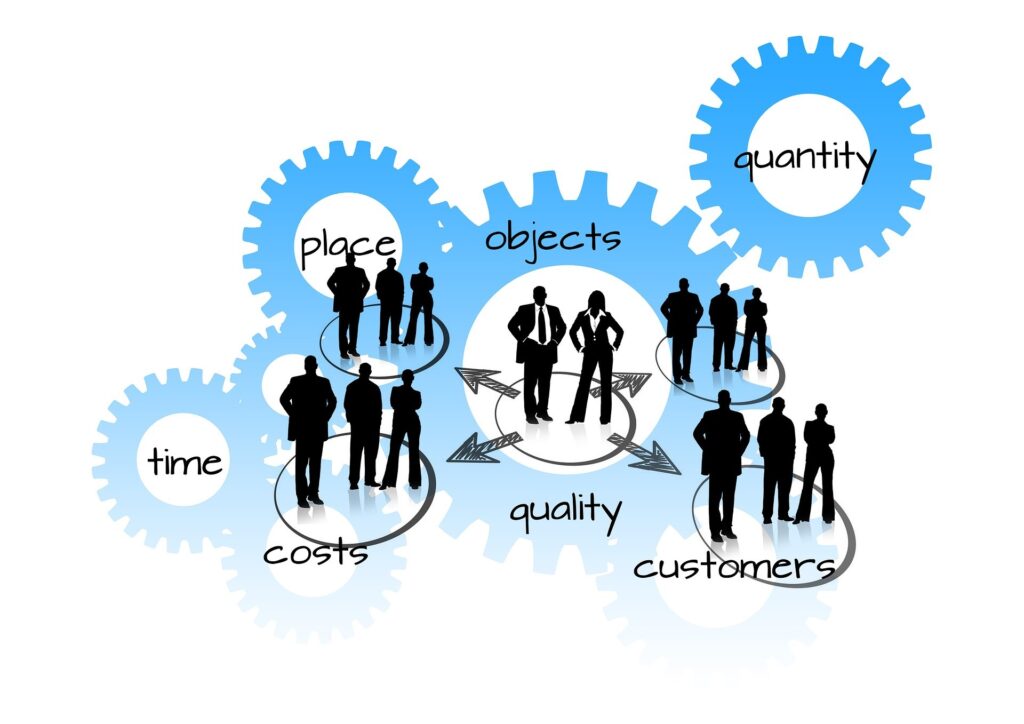Whose job is it to organise all your meetings?

I can write about how to have better meetings until the cows come home. But would you read it?
So here’s a different angle designed to get your attention.
One question. One answer. If you can’t answer it, Houston, you have a problem.
Whose job is it to organise all your meetings?
- Is it a senior manager? Maybe they’re doing 2 jobs at the moment, as another senior manager is on leave and subsequently has a gazillion things to do?
- Or the PA, EA or minute taker? How will they squeeze this into an already hectic day?
- If you do have a meeting manager or coordinator, do they have the autonomy to organise every detail from beginning to end?
The purpose of any meeting is to make decisions. If you don’t need to make a decision then don’t meet.
If it’s imperative that decisions are to be made, make sure the framework allows this to happen.
And there’s one person who can make or break whether decisions get implemented.
And it’s the meeting co-ordinator. Sometimes called the Meeting Manager, or the Chief of Organising Meetings, or whatever title you’d like to use. Someone has to be designated to be that person.
It’s one of the most important roles in a meeting. In fact, without this person…
- Preparing and distributing the agenda
- Following up all details so there are no loose ends
- Distributing the correctly written minutes afterwards to all the right people, and in a timely manner
…. nothing moves forward.
- These 3 points may seem short and sharp, but there’s a mountain of work behind them all.The person doing this job must have the time and bandwidth to do it properly as well as understand the nuances of meeting etiquette. Every step is needed. Not just a ‘quick agenda’ thrown together at the last minute. And worse, no follow-up afterwards. Otherwise, you’ll find yourself revisiting items already discussed.
And that’s not a good use of anyone’s time.
Let’s drill down further on what an efficient meeting organiser does…
- Clearly defines the meeting’s purpose on the agenda
- Triages the agenda items, ascertained at the pre-meeting
- Ensures the people that need to attend are present and have been duly notified
- People who are not required to also be notified, so you don’t have Meeting Nomads
- If unsure if a person’s attendance is required or not, allow them to decline to attend
- Ensure the necessary supporting documents are attached
- Book a suitably sized room and organise refreshments
- Make sure the technology is working properly
- Send the final agenda out in a timely manner so the team has time to prepare
- These 3 points may seem short and sharp, but there’s a mountain of work behind them all.The person doing this job must have the time and bandwidth to do it properly as well as understand the nuances of meeting etiquette. Every step is needed. Not just a ‘quick agenda’ thrown together at the last minute. And worse, no follow-up afterwards. Otherwise, you’ll find yourself revisiting items already discussed.
As you can see, it’s quite a role, and not for the faint-hearted.
If you’re ready to get your meetings super organised and need help quickly, I’m at the other end of an email or phone. I’d love to chat with you.
www.davidprice.com [email protected] 08 6165 8867




